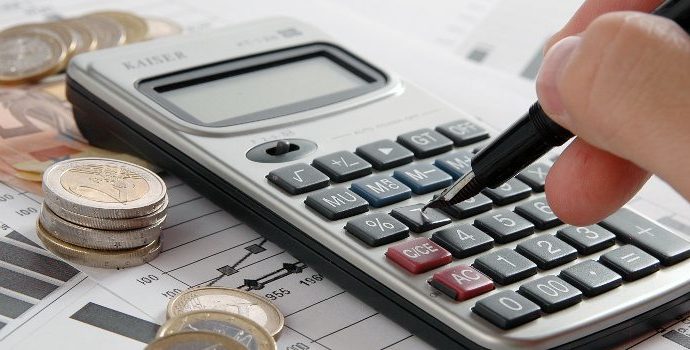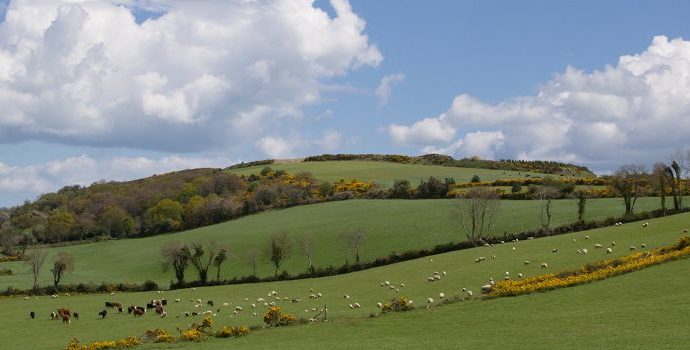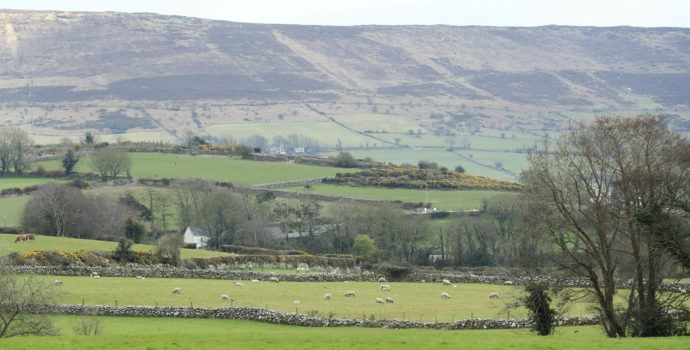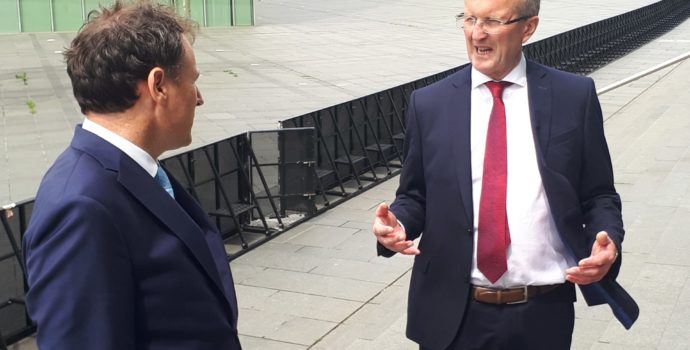Food Security Actions
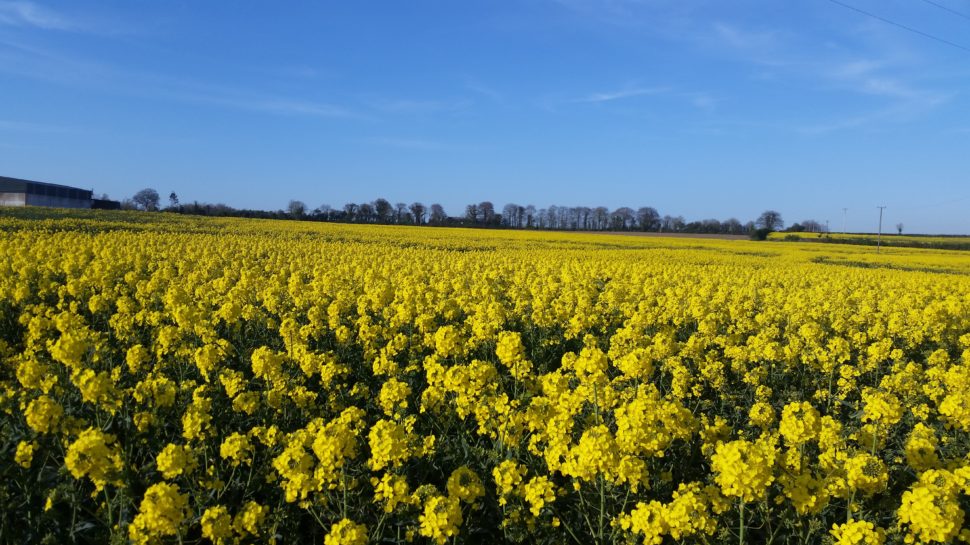
The energy crisis 2021 led to a significant escalation of input prices – in particular feed/fuel & fertiliser. The Russian invasion of Ukraine has compounded market challenges, with ongoing price volatility in key agricultural commodity markets the new norm. The rising input price trend is however simply unsustainable. IFA welcome the opportunity to engage with Government and other industry stakeholders to derive a practical planned and co-ordinated plan to mitigate the ongoing food & feed security challenges. Of varying degrees, European Member States, including Ireland, are reliant on Ukraine / Russia / Belarus for key agricultural inputs to support and sustain food production – see table below.
Food security has again gained increased prominence Europe / Political discourse on foot of the Ukraine crisis, and while efforts will need to be made in the medium term to reduce our reliance on individual nations, more immediately the real and tangible risk of food security needs to take precedence. We need swift co-ordinated political action, involving ongoing and constructive engagement with all key stakeholders to ensure Irish farmers and consumers are mitigated as best as possible.
Importation of key Agri commodities into Ireland in 2020
Feed
| Total Imported in 2020 (tons) | Imported from Ukraine (tons) | % Total from Ukraine | Comments | |
| 1,314,397 | Maize/Corn | 426,094 | 32.1 | 0.1% – Hungary (59) |
| 276,171 | Wheat | 36.6% – UK (106.5k); 30.6% – Denmark (73.3k) | ||
| 215,385 | Barley | 91.2% – UK (197.8k) |
Fertiliser
| Total Imported in 2020 (tons) | Imported from Russia/ (tons) | % Total from Russia | Comments | |
| 613,961 | Compound | 265,952 [Russia]9,290 [Belarus] | 38.5 [Russia]1.5% [Belarus] | 17.5% – Norway (115k); 11.9% – UK (44.3k)9.2% from (52.1k Morocco) |
| 961,629 | N fertilisers | 94,661 [Russia]8,077 [Ukraine]54 [Belarus] | 9.9% [Russia]0.6% [Ukraine]0% [Belarus] | 27.7% from Belgium (290k)11.7% from Spain (125.6k)8.2% from UK (54.6k) |
| 10,266 | Phosphate | – | – | 77.2% from Netherlands (8.3k)]16.5% from France (1.8k); 5% from UK (71) |
| 198,543 | Potash | 23,736 [Russia]8,820 [Belarus] | 11.3% [Russia]4.7% [Belarus] | 56.4% – Germany (110.6k)8.5% – UK (20.2k) |
2021 update: All data not complete. Native Irish crop yields were much improved in 2021 on 2020 levels, with reduced import demand. From CSO figures, importation of maize from Ukraine dropped to 189,000 tonnes (16% of total), with increased volumes coming from Canada (41% of total). Note however given weather challenges in Canada throughout 2021 similar volumes are unlikely to be available for import in 2022.
National Actions – Short Term
Feed and Forage Production
- Detailed inventories on fertiliser / fuel / feed stocks must be completed as a matter of urgency
- A revised emergency fodder incentive fund should be provided by the government to enable dry stock, tillage or mixed farmers to grow (i) maize silage, (ii) cover crops (iii) whole crop cereals and (iv) additional grass silage/other winter feed
- Government needs to support farmers to purchase fertiliser to grow additional crops & grass silage
- The protein aid budget should be increased in 2022 to promote the production of pulses and combi crops (barley and pea crop or oats + beans mixes)
- Feed and fertiliser deficits should be addressed with a national procurement strategy to ensure winter fodder reserves
Taxation Measures
- Taxation policies such as excise duty on agri-diesel & LPG for farm use need to be reviewed in order to reduce crop production costs at farm level
- Suspend of LPG/carbon tax for 2022 for farmers and agri-contractors
- Glasshouse growers of food crops using CO₂ enrichment, should be granted a Carbon Tax relief/rebate.
- Flexibility on Stock Relief measures
- Taxation reliefs available to livestock farmers where allocating/leased for production of crops for short-term basis
- Unused capital allowances or losses should be able to be carried forward
CAP & Environmental Measures
- GLAS actions such as low input permanent pastures and wild bird cover could be temporarily suspendedin order to facilitate higher production of grass, forage or grain
- Double N rate on low input permanent pasture from 40kgN/ha to 80kgN/ha to boost grass output
- A derogation from the two and three-crop rule should be sought for farmers
- Similarly, farmers cannot be disadvantaged where efforts made to increase feed supplies result in their farms exceeding Nitrates bands/limits and into derogation
- Under the Nitrates directive, derogation farmers are currently only permitted to grow 20% arable crops, this ratio should be relaxed.
National Action – Medium Term
- National efforts to restore the cereal, oilseed and pulse crop area to 10% of the UAA must now be a priority.
- Efforts to re-establish the native flour milling industry and oilseed crushing facility must be prioritised at a governmental level to ensure some degree of food security for human consumption foods. BAR funding must be considered to accelerate this process
- Funding for the construction of manure storage on tillage farms must be increased to allow for more targeted, efficient nutrient use and to incentivise the production of maize.
- Review energy policy for the entire island
European Actions
- €500 million crisis fund must be activated immediately by the EU Commission and enhanced by additional funding
- Full review of Green deal/Farm-to-Fork & Common Agricultural Policy to prioritise food security
- Review of State Aid framework, agriculture must be a key focus alongside energy
Suspend Food Vision Groups
- Government suspend Dairy Food Vision sub-Group and delay establishing Beef/Sheep Food Vision sub-Group to avoid giving mixed messages to farmers

